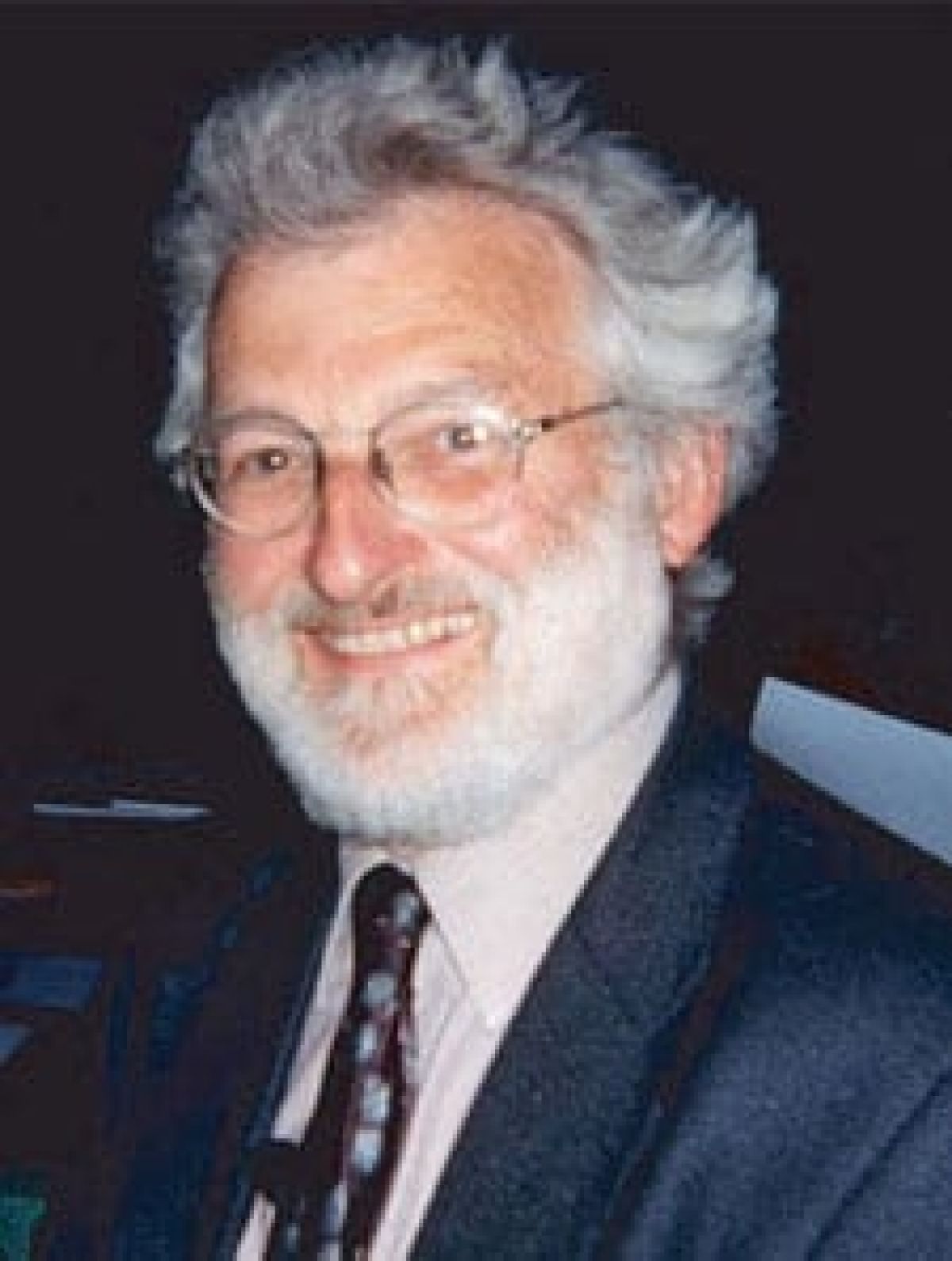Sir John Sulston

Sir John Sulston, the pioneering geneticist known for leading the British team of the Human Genome Project (HGP) passed away on the 6th of March. He was 75.
Sulston insisted that the HGP’s important undertaking be made open to all, and convinced the US National Institute of Health and the UK’s Wellcome Trust, to increase funding for this endeavour. However, in 1998, the publicly-funded HGP faced competition from the privately-owned Celara Genomics, claiming they could sequence the genome more efficiently than the HGP.
In the end, both parties achieved what they set out to do, but using different techniques. In 2003, the HGP consortium composed of 20 research institutes from around the world, published the completed genomic sequence. The information obtained by the HGP is now being used for the development of various genetic tests and targeted therapies against HIV and cancer.
In 2002, Sulston was awarded the Nobel Prize for Physiology along with Robert Horvitz and Sydney Brenner “for their discoveries concerning genetic regulation of organ development and programmed cell death”. The trio worked on the microscopic roundworm, Caenorhabditis elegans, to elucidate the embryonic development of organs. In particular, they explained the genetic bases of how daughter cells arising from a single mother cell disappear as the worm developed. This process, apoptosis, or “programmed cell death” also explains how the webbed part of a human foetus’ hand is eliminated as it matures.
Sulston was born in Buckinghamshire and won a scholarship at the Merchant Taylors’ School at Hertfordshire and a BA and PhD in chemistry from the University of Cambridge. From 1966 to 1969, as a postdoctoral researcher at the Salk Institute for Biological Sciences, where he was first introduced to C. elegans, marking a shift in his career as a researcher.
From 1992 to 2000, he became the first director of the Wellcome Sanger Institute, a non-profit research centre that was the largest single contributor to HGP. He was knighted in 2001 and was appointed a Member of the Order of the Companions of Honour (CH) in 2017.
In 2003, Sulston, along with 21 other Nobel Laureates, signed the Humanist Manifesto III, a document first drafted in 1933 that espouses the promotion of knowledge by rational analysis, or empiricism, along with ethical values and the common good. He was also a firm believer of free access to scientific information and was very critical of Roche’s patent of antiviral Tamiflu during the 2005 bird flu pandemic.
From 2008 until his death, he was chair of the Institute of Science, Ethics, and Innovation of the University of Manchester whose mission was to examine the role and moral responsibilities of science and technology in the modern world.
Sir John Sulston is survived by his wife Daphne (née Bate), children, and grandchildren.







